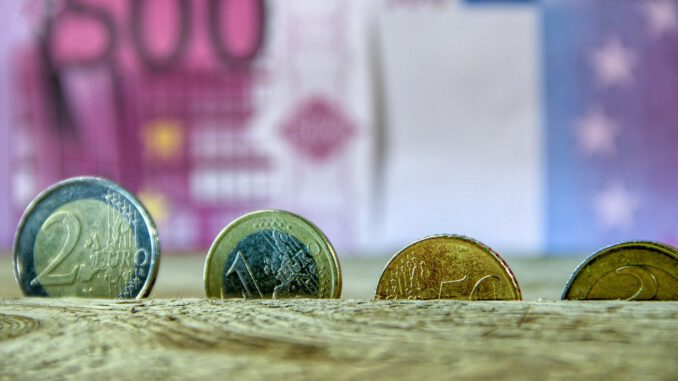
Some 63% of German citizens are worried about their money due to high inflation, according to recent data. Google search engine data also indicates that there is an increased interest in this topic. More people searched for the term “inflation” this week than at any other time in the past five years. In a new study with infographics, information portal Block-Builders.de investigates key developments surrounding both actual and potential inflation.
The Google Trend Score for “inflation” currently stands at the maximum value of 100. The score, an indicator of relative search volume, has multiplied in the space of just a few weeks. This is hardly a surprise in view of the rapid development: the inflation rate in Germany rose from 1% in January to 5.2% in November.
As the infographic shows, rural populations are disproportionately affected by this. For example, while city dwellers often benefit from district heating, many houses in rural areas still have oil-fired heating systems – indeed, 80% of all oil-fired heating systems are to be found in the countryside. This matters because the price of heating oil has risen particularly sharply. Rural residents are on average also more affected by rises in fuel prices.
There may also be ways to profit from the rise in inflation. Tangible assets, such as shares, ETFs or real estate, are seen as a particularly good hedge against inflation, yet even these require closer scrutiny. For instance, it is advisable to buy shares in companies that are primarily active in countries that are less affected by the current inflation trend.
Borrowers may also benefit from a rise in inflation, since contractually fixed loan amounts remain the same. While many things get more expensive during inflation, loans do not, and in fact often become cheaper as salaries rise in response to inflationary situations.
Deflationary digital currencies such as Bitcoin could also benefit from a (FIAT) devaluation. But the risk here is immensely greater, simply because there is limited historical data due to the fact that the currency is still so young.
Leave a Reply